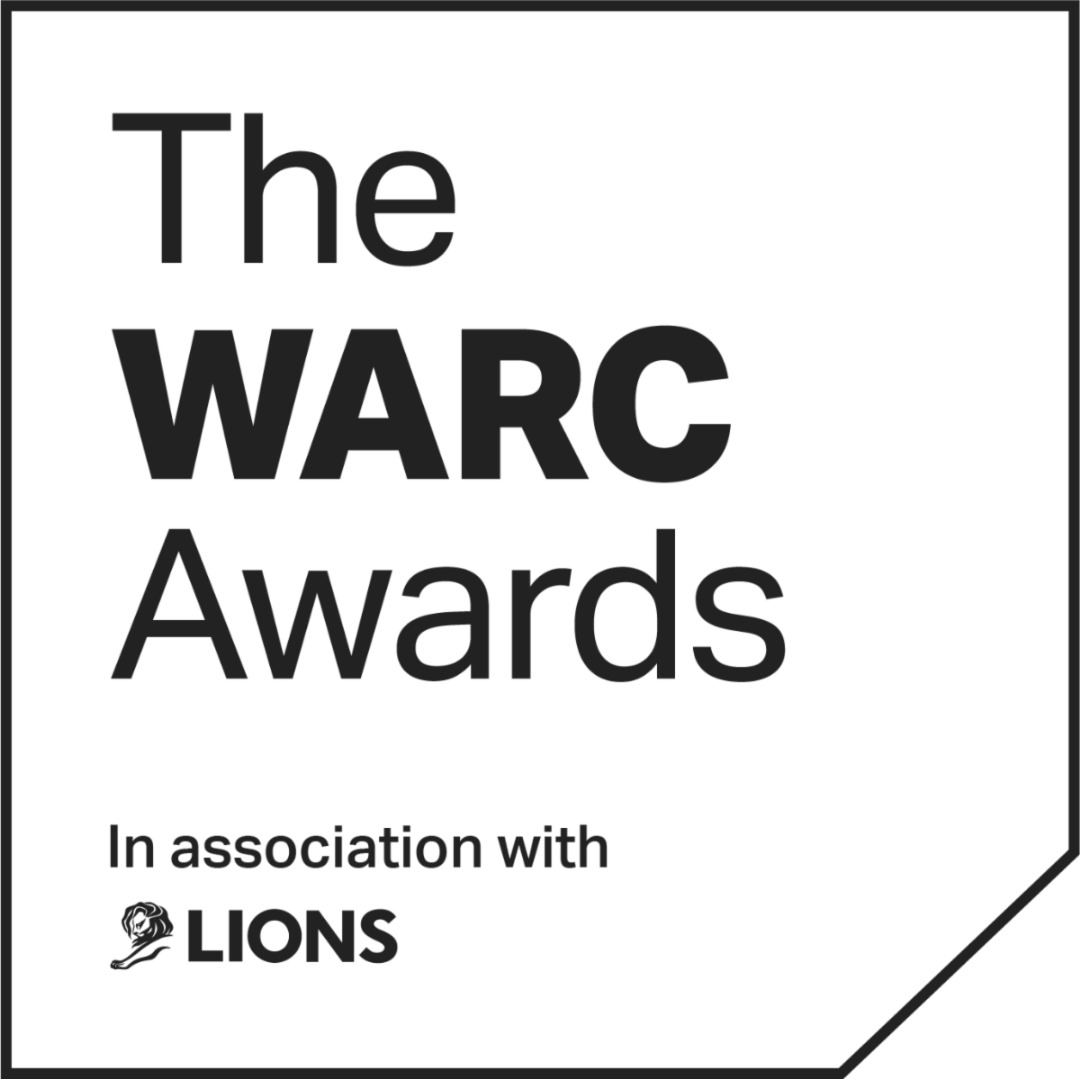Today, strategic partnerships are redefining, powering next generation of business giants.
As industries mature and market conditions grow increasingly complex, one truth continues to emerge across boardrooms, brands, and sectors.
That truth is nothing but that collaboration no longer remains a luxury it becomes a necessity.
Also Read:Why data culture is the new superpower for modern marketing
In a world where agility, scale, innovation, and resource efficiency define success, strategic partnerships now serve as the cornerstone of sustainable growth.
Forward-thinking brands from telecoms and technology to experiential marketing and manufacturing find that working together does more than reduce costs; it multiplies value.
In today’s highly competitive and capital-intensive business world, one thing has become increasingly clear: brands that collaborate go further and faster than those that go it alone.
Strategic brand partnerships now transform industries by unlocking new markets, accelerating innovation, and delivering greater value to customers.
Whether in telecoms, retail, tech, or FMCG, companies now find strength in unity leveraging shared infrastructure, expertise, and audience bases to do more than they could ever achieve alone.
As the popular African proverb says, “If you want to go fast, go alone. If you want to go far, go together.”
Also Read:Game changer: MTN, 9mobile confirm national roaming partnership
That truth now plays out across industries where alliances no longer serve as just a bonus they have become a business necessity.
The recent partnership between MTN Nigeria and 9Mobile powerfully illustrates how cooperation, rather than rivalry, unlocks vast potential.
Through a national roaming agreement, 9Mobile customers now leverage MTN’s wide-reaching network infrastructure, boosting service delivery without requiring extensive capital investment in new infrastructure.
This landmark deal marks the first of its kind in West Africa and symbolizes a new era where telecom operators collaborate on network resources while remaining competitors in pricing and service.
Obafemi Banigbe, CEO of 9Mobile, emphasizes that the partnership remains purely commercial, rooted in shared infrastructure for customer benefit not a merger or acquisition.
MTN’s Linda Saint Nwafor echoes this sentiment, noting that the deal aligns with MTN’s philosophy of shared-value creation, where collaboration leads to mutual and market-wide gains.
Also Read:Healthy brands, healthy consumers: how companies are championing wellness on world health day.
Across industries, similar partnerships now reshape business models.
Nike and Apple created the Apple Watch Nike+, merging performance technology with sleek branding.
Starbucks and Spotify joined forces to integrate music with the coffeehouse experience, strengthening customer engagement while expanding user bases.
In the spirit of sustainability, Coca-Cola and Heinz co-developed PlantBottle, an eco-friendly packaging solution.
Uber and Spotify’s collaboration gave users music control during rides, enhancing both companies’ customer journeys.
Also Read:Influencer Marketing faces growing scepticism than traditional advertising
In Nigeria, Dangote partnered with SinoTruk to locally assemble trucks, reducing import dependence and creating jobs.
These alliances not only demonstrate creativity they act as strategic accelerators.
At the heart of these partnerships lies a simple principle: shared strength.
By pooling infrastructure, knowledge, and market access, brands now achieve in months what might take years alone.
They reduce capital burdens, enter new markets faster, and co-create innovation that no single player could deliver in isolation.
When executed properly, partnerships enhance trust, credibility, and operational efficiency.
This collaborative spirit also shows clearly within Nigeria’s experiential marketing industry.
Tolulope Medebem, President of the Experiential Marketers Association of Nigeria (EXMAN), noted that partnerships among member agencies now receive increasing encouragement and active operationalization
According to her, this is particularly when it comes to resource optimization.
She said agencies often share equipment, vehicles, and event tools either informally or through structured arrangements.
For example, even at industry conferences, agencies do contribute their assets for mutual use.
The president affirmed that EXMAN has concluded on formalizing these collaborations into a joint task force model, where idle resources from one agency can be deployed by another, reducing redundancies and enhancing productivity.
Former EXMAN president Tunji Adeyinka initially proposed this system to ensure that valuable tools do not lie dormant when other members could put them to use.
This model tangibly embodies partnership in action creating a communal economy within the association itself.
Medebem also emphasised that, in today’s tightening economy, partnerships become more critical than ever not just among agencies but also between agencies and clients.
She observed that client-agency relationships now undergo redefinition by the principle of value-driven partnership.
“When clients trust their agency to deliver consistent, high-impact results, they more readily share sensitive brand information critical for effective execution.
Trust becomes the currency of the relationship, and value serves as its return.
Without perceived value, no trust emerges.
Without trust, no true partnership can exist.
Medebem noted that agencies which position themselves as reliable strategic partners those that show up with ideas, efficiency, and agility are the ones reclaiming relevance in this competitive climate.
Yet, despite all the evidence in its favour, not every brand quickly embraces partnership.
Some companies worry about losing control over customer experience or brand identity.
Others fear sharing profits or sensitive data.
Cultural misalignment and competitive anxiety also prevent many partnerships from forming or thriving.
But the truth remains: these problems stem from structure, not strategy.
With the right framework defined roles, clear objectives, shared values, and an exit plan partnerships do not compromise value; they compound it.
Strategic collaboration does not act as a stop-gap for weak brands.
It serves as a growth lever for smart ones.
As more companies embrace ecosystems of cooperation whether through infrastructure, content, data, or delivery, the distinction between competitors and collaborators becomes more fluid, more dynamic, and more productive.
No longer does success depend on going it alone.
It depends on choosing the right allies to go further, faster, and stronger.
The future belongs to those who understand that progress is a team sport.
In the new business order, unity does not just offer strength, it defines strategy.






Comment
No comments found.